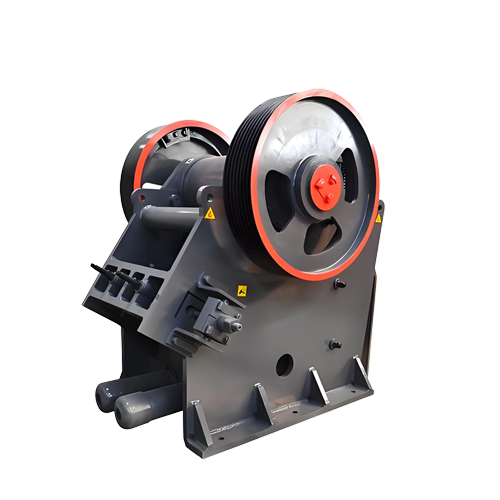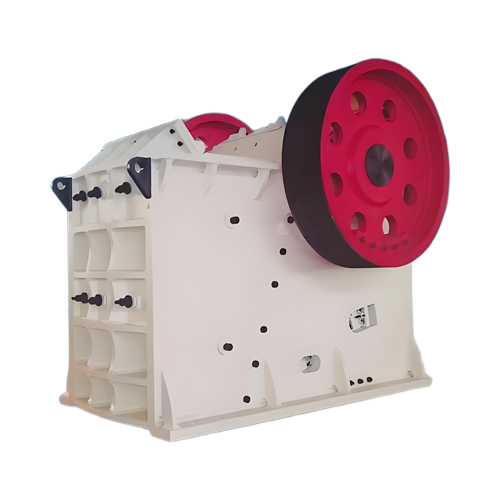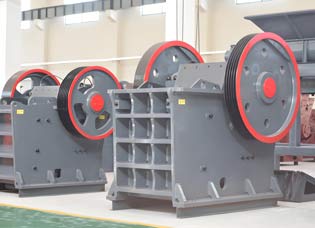If you’re in the market for a cone crusher, your first question is likely, “How much does it cost?” It’s a straightforward question with a complex answer. The price of a cone crusher isn’t a single number you can find on a sticker; it’s a spectrum influenced by a web of factors.
Quoting a single price would be misleading. Instead, let’s break down what you’re really investing in when you purchase a cone crusher, so you can make a decision that offers the best long-term value for your operation.
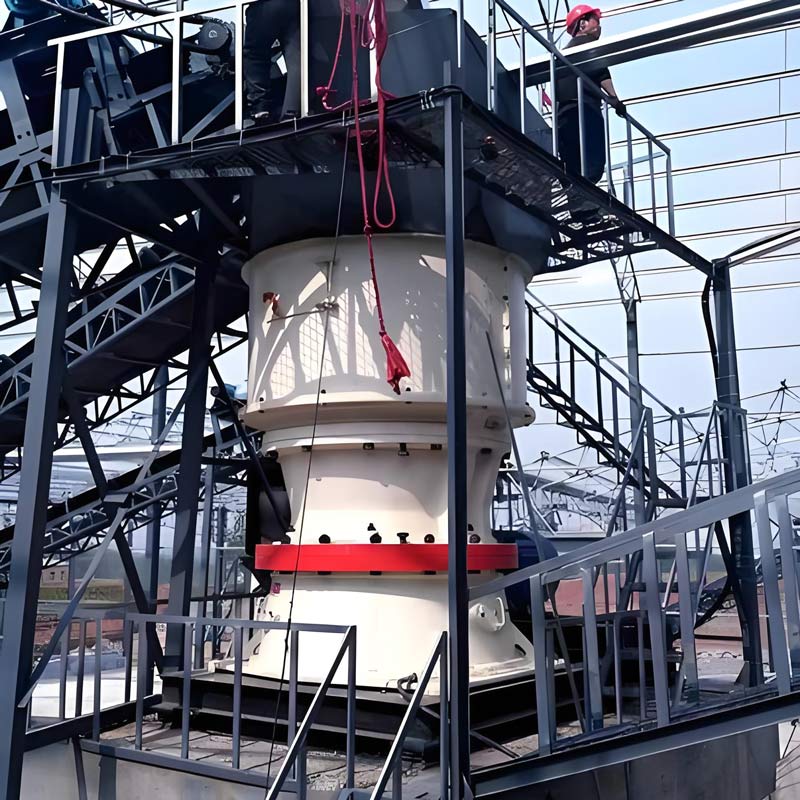
The Wide Spectrum of Cone Crusher Prices
To set a baseline, prices can range dramatically:
- 1. Small, Mobile Cone Crusher: For smaller operations or specific projects, a mobile cone crusher can start from $200,000 to $500,000.
- 2. Standard Stationary Cone Crusher: A reliable workhorse for a mid-sized quarry might cost between $500,000 and $900,000.
- 3. Large, High-Capacity Stationary Crusher: For major mining operations requiring maximum output and the latest technology, prices can easily exceed $1,000,000 and go up to $2,500,000 or more.
Remember, these are for the crusher itself. The final project cost with installation, conveyors, and infrastructure will be higher.
Key Factors That Determine the Cost
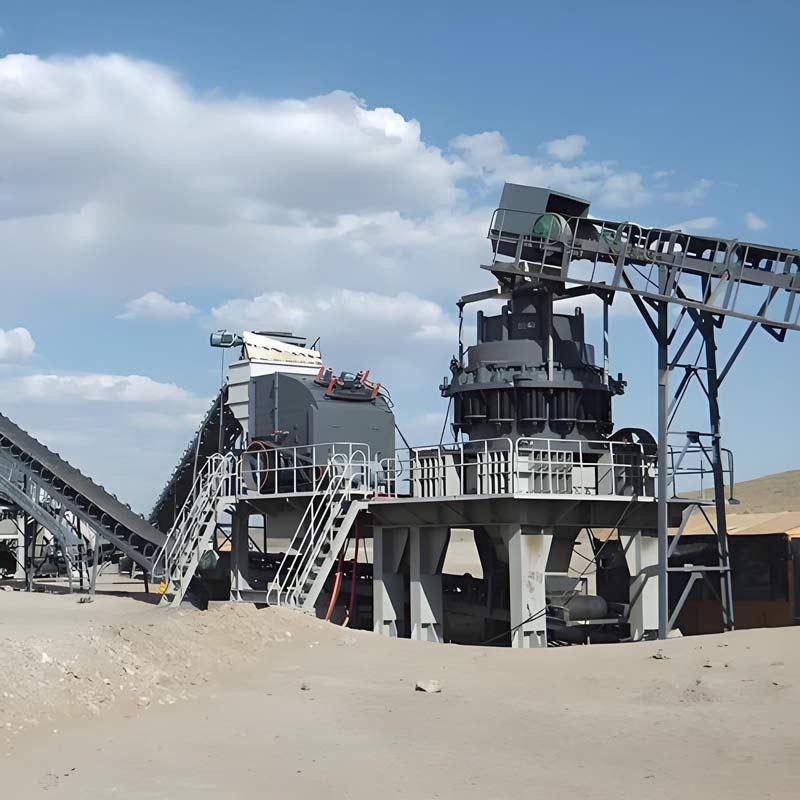
Understanding these variables is the key to understanding the price tag.
1. Type and Model:
- Hydraulic vs. Spring: Modern hydraulic cone crushers offer better overload protection and easier adjustment but are typically more expensive than traditional spring cone crushers.
- Application: Are you crushing abrasive granite or softer limestone? Crushers designed for harder, more abrasive materials require more durable components, increasing the cost.
2. Size and Capacity (Tonnage per Hour):
This is the most obvious factor. A crusher that processes 200 tons per hour will cost significantly less than one that processes 800 tons per hour. Bigger components, more powerful motors, and heavier structures all add to the price.
3. Mobility: Stationary vs. Portable
- Stationary Crushers: These are generally less expensive for their size and capacity as they don’t require a built-in chassis and trailer.
- Mobile/Track-Mounted Crushers: The premium you pay for a mobile cone crusher is for the flexibility and quick setup. You are investing in a self-contained, movable crushing plant on tracks.
4. Brand and Quality:
Established brands like Metso, Sandvik, and Terex command a higher price due to their proven reliability, advanced R&D, and global service and support networks. A lesser-known brand might offer a lower initial cost, which could be a worthwhile trade-off depending on your needs and risk tolerance.
5. New vs. Used
A quality used cone crusher can be a fantastic way to reduce your Capital Expenditure (CAPEX), often costing 30% to 60% less than a new model. However, this comes with risks: unknown maintenance history, potential for hidden wear, and less warranty coverage. Always inspect a used crusher thoroughly.
6. Technology and Automation
Modern cone crushers come with advanced automation systems that optimize crushing performance, monitor wear, and ensure safety. Features like automatic setting regulation and remote monitoring add to the initial cost but can lead to massive savings in Operating Expenditure (OPEX) through improved efficiency and reduced downtime.
The True Cost of Ownership: Looking Beyond the Price Tag
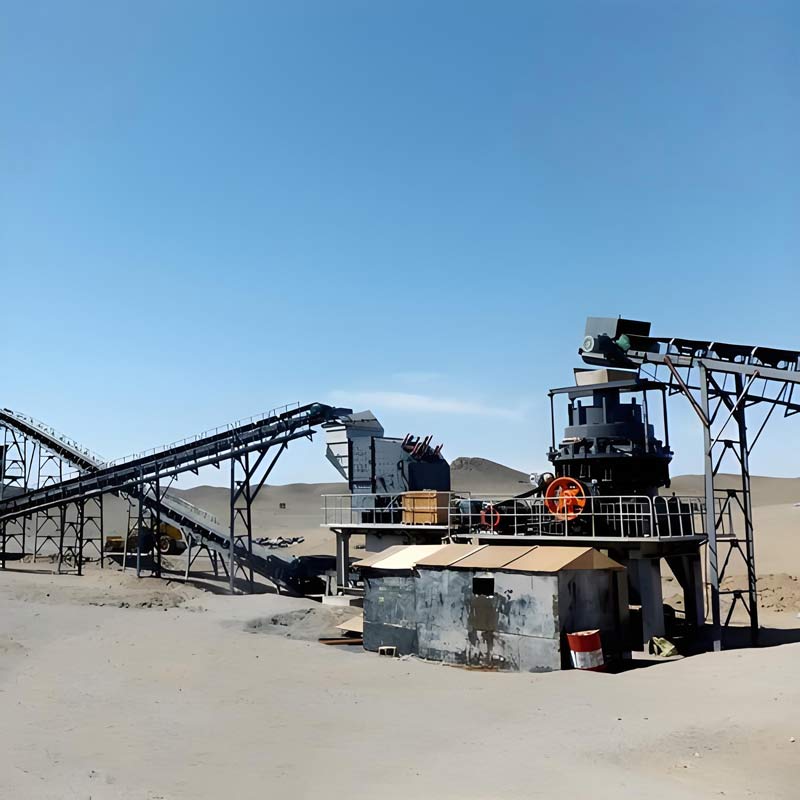
The purchase price is just the beginning. The real cost of a cone crusher is its Total Cost of Ownership (TCO).
- 1. Wear Parts: Mantles, concaves, and liners need regular replacement. A cheaper crusher might have less expensive wear parts, but if they wear out twice as fast, your operating costs will soar.
- 2. Energy Consumption: A more efficient crusher can save thousands of dollars in electricity over its lifetime.
- 3. Downtime and Service: Reliability is priceless. A crusher that breaks down frequently costs you in lost production and expensive emergency repairs. A reputable brand with readily available parts and local service support can minimize this risk.
Making the Right Investment
Before you focus on the price, define your needs:
- 1. What material are you crushing? (Abrasiveness, hardness, size)
- 2. What is your required final product size and output (tph)?
- 3. Do you need mobility, or is it a fixed plant?
- 4. What is your budget, both for the initial purchase and for long-term operation?
Final Thought
Instead of asking, “What is the price of a cone crusher?” a better question is, “What is the best value cone crusher for my specific operation and budget?”
Investing time in the research phase to understand these factors will ensure you choose a machine that is not just affordable to buy, but profitable to run for years to come.
Ready to discuss your project? Contact a trusted supplier, provide them with your specific requirements, and they can give you a detailed quotation that reflects the true value of the solution you need.
Inquiry
Please leave us your requirements, we will contact you soon.



